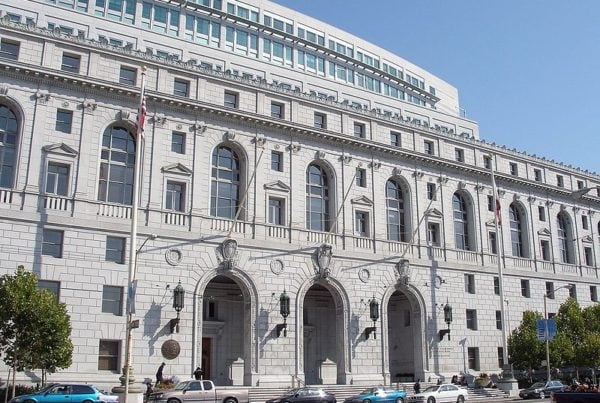Justice is defined as the “administration of what is morally right and good.” As it involves racial justice, at times we may witness something in society that may seem morally wrong, but it’s a separate question as to whether it will be legally wrong. To be fair, they should be separate questions; just because something seems morally wrong does not mean that it automatically should be judged legally wrong. We should not convict someone or find someone legally liable because we feel like it. In court, there are standards evidence must meet in order to be used toward the final outcome; issues like hearsay keep evidence from coming in that may be compelling, but is not trustworthy (more prejudicial than probative). There
Related Posts
 AppellateCaliforniaCasesCivilCriminal
AppellateCaliforniaCasesCivilCriminal CA Supreme Court accepts three IE cases
Three Inland Empire cases are heading to the California Supreme Court, the court announced March 21. Each of the cases’ briefings are deferred pending judgments in lead cases. Riverside’s People…
Aidan McGloinMarch 26, 2025
 AppellateCasesCivilCivil RightsLaw enforcement
AppellateCasesCivilCivil RightsLaw enforcement UPDATE: Riverside deputy loses appeal after fatal shooting
Riverside Sheriff’s Sgt. Dan Ponder did not have legal immunity when he shot and killed Clemente Najera-Aguirre, the Ninth Circuit Court of Appeal ruled March 11. Ponder shot Najera-Aguirre near…
Aidan McGloinMarch 24, 2025
 CaliforniaGovernmentOpinion
CaliforniaGovernmentOpinion OP-ED Trump’s attacks on rule of law, Constitution troubling
The following opinion piece is by California Attorney General Rob Bonta. More than two centuries ago, our founding fathers established three co-equal branches of government; each branch designed to act…
SubmittedMarch 24, 2025





